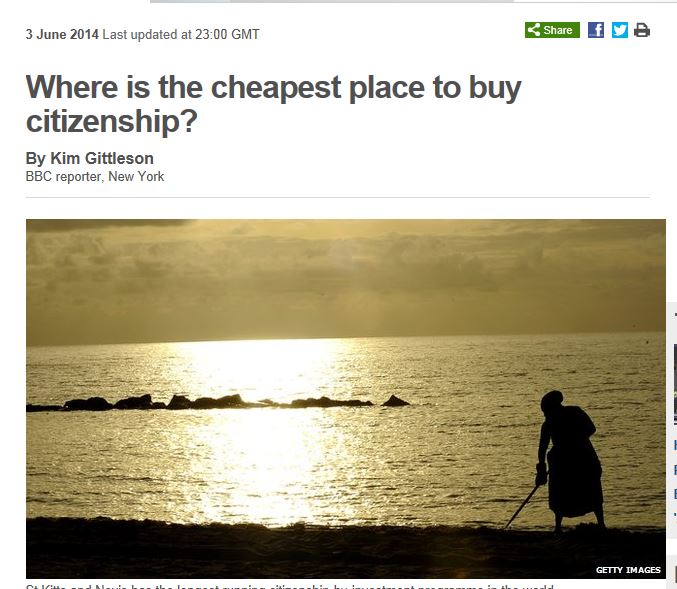On the BBC a couple of days ago: Malta listed with “cash-strapped countries” trying to sell passports
This one won’t go away, will it? That’s because the reasoning makes sense.
Why would any country sell passports unless it is quite literally on its uppers and can’t see any other way to make ends meet?
Perhaps the BBC – like others the world over – can’t understand that our prime minister has simply extended his personal financial thinking to the government he now runs.
If you can make some extra money, why not? Selling passports for cash is just an extension of the thinking which has him lease his own family saloon car to the government for his official use for the last six years, first as Opposition leader and now as prime minister. Majtezwel dawwar lira hux.
So the line of reasoning which the BBC and others fail to understand is this: passports cost nothing to produce but can be sold for a great deal of money. This counts as extremely high valued added production. You produce a passport for a few euros and sell it for Eur650,000. Even with the big discounts for extra members of the family, you are still making a killing. You produce a passport for 10 euros max and sell it for Eur50,000. That’s a lot of profit. La nistghu, ghaliex le?
What’s missing in this reasoning, of course, is the collateral damage, so to speak. And that collateral damage is the reason countries which are not cash-strapped don’t sell passports even if they can. You have to be cash-strapped for the exercise to be ‘wertit tassew’ despite the collateral damage.
And that’s why everybody and his brother has drawn the conclusion that Malta is cash-strapped.
From the BBC report:
Henley and Partners citizenship expert Christian Kalin, who helps to advise clients on the best place to spend their money, estimates that every year, several thousand people spend a collective $2bn (£1.2bn; 1.5bn euros) to add a second, or even third, passport to their collection.
“Just like you diversify an investment portfolio, you want to diversify your passport portfolio,” he says. The option has proven popular with Chinese and Russian citizens, as well as those from the Middle East.
Cash-strapped countries have taken notice. In the past year alone, new programmes have been introduced in Antigua and Barbuda, Grenada, Malta, the Netherlands and Spain that either allow direct citizenship by investment or offer routes to citizenship for wealthy investors.
4 Comments Comment
Leave a Comment


http://www.bbc.com/news/business-27674135
Like Dom Mintoff, Joseph Muscat is putting Malta on the map, but is it for the right reasons?
This was bound to happen. Formed perceptions, however inaccurate they may be, in most cases stick like glue.
June 19, 2014 — Ottawa, ON — Canada’s Citizenship and Immigration Minister Chris Alexander announced today that reforms to the Citizenship Act received final passage and Royal Assent. The reforms will strengthen the rules around access to citizenship to ensure that new citizens are better prepared for full participation and integration into Canadian society, with the goal of fostering in new Canadians a stronger attachment to Canadian values and traditions.
Quick facts
•Requiring 14-64 year-olds to meet knowledge and language requirements provides an incentive for more individuals to acquire official language proficiency and civics knowledge, which helps them successfully integrate into Canadian society.
•Citizenship applicants will need to be physically present in Canada for a total of four out of their last six years. In addition, they will need to be physically present in Canada for 183 days per year for at least four of those six years. These provisions will come into force in approximately a year.
http://news.gc.ca/web/article-en.do?&nid=859509